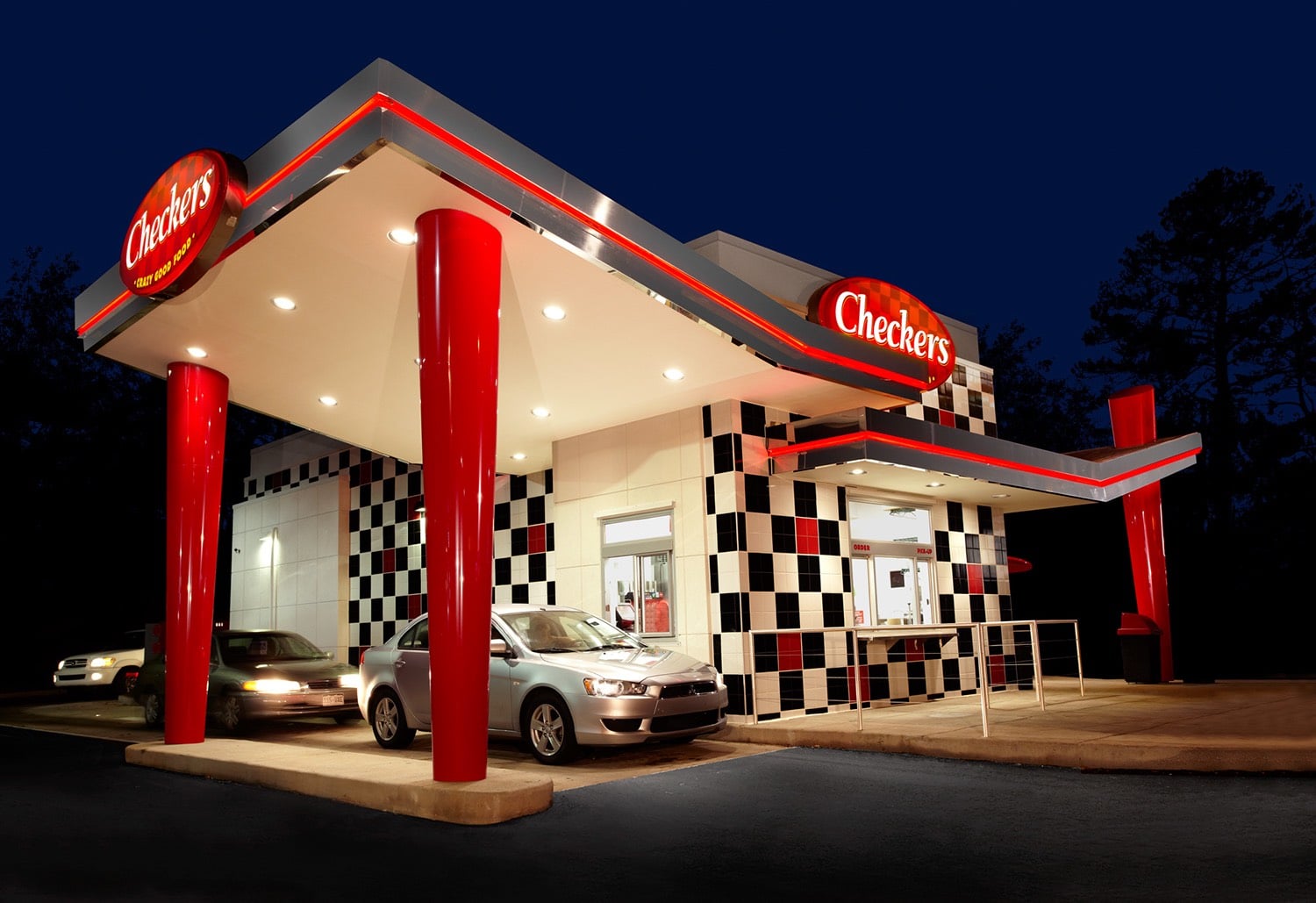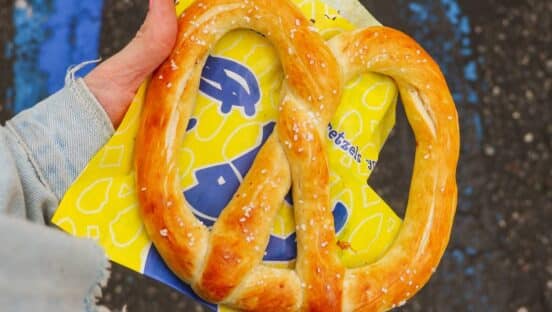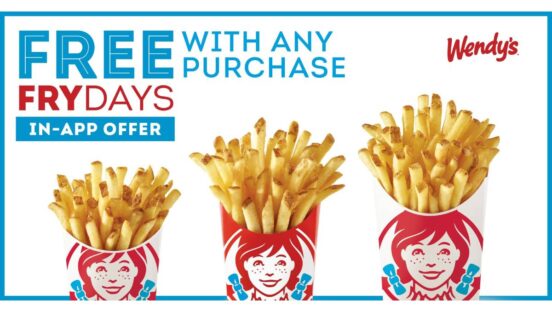In a COVID-19 restaurant landscape where dining rooms shuttered and drive thrus reigned seemingly overnight, Checkers & Rally’s found itself in an enviable position. As quick-service chains hastened prototypes with drive-thru only concepts, the 836-unit brand was already there.
And this reality helped the burger brand piece together a rapid turnaround with sizable runway ahead. On Monday, Checkers announced it’s received a $20 million capital injection from Oak Hill Capital Partners IV, the company that acquired Checkers for roughly $525 million in 2017.
Peter Armstrong, principal of Oak Hill, said Checkers’ company and franchised restaurants recorded high-single digit same-store sales gains in 2020, “and that momentum is continuing into the first weeks of 2021 because of the strategic marketing and operations plans rolled out before the pandemic, which were enhanced by the demand for contactless drive thru and delivery experiences.”
Checkers’ closed kitchen, double-drive thru footprint turned out to be a step ahead of coronavirus’ influence on restaurant design, as you’re seeing from brands like McDonald’s to KFC to Taco Bell to Burger King, which dropped prototypes without dining rooms and multiple lanes in recent months.
Also aligned with those models, Checkers can trigger dedicated e-commerce pickup lanes. This embedded design strength and 2020’s results sparked franchising interest, the company said Monday. It approved 40 new franchisees in 2020 and has 72 locations in the pipeline.
In September 2019, Moody’s Investors Service downgraded Checkers on debt load obligations, saying, “it is highly unlikely that Checkers can improve it operating performance to a level that will generate the free cash flow necessary to service its debt once the PIK feature expires in June 2021.”
The PIK noted, or “payment-in-kind” interest obligation, was tied to an August 21, 2019 amendment with Checkers second lien bank lenders where those lenders agreed to convert cash interest to a PIK interest obligation on the second lien term loan (about $11 million annually) through the company’s fiscal quarter ending June 30, 2021.
Moody’s said at the time it believed “Checkers’ capital structure is unsustainable in its current form and that the company will ultimately seek a debt refinancing that would include some impairment to the lenders.”
Oak Hill approved Monday’s capital injection following the company’s successful debt amendment efforts at the end of last year.
Checkers ended 2019 with 890 locations (634 franchised), up four from the previous year, and total systemwide sales of $862 million. Average-unit volumes were $1.087 million.
The company also headed into COVID-19 with new leadership. Checkers hired Frances Allen in February. She arrived from Boston Market, where she served as CEO. Before, Allen spent four years as president of Jack in the Box and previously clocked time as chief branding officer and CMO at Denny’s, chief marketing coordinator at Dunkin’ USA, and also held leadership positions with Sony Ericsson Mobile Communications, Pepsi, and Frito-Lay.
Some three weeks later, Allen was navigating Checkers through arguably the greatest crisis in sector history.
But the crowd-avoidant and lockdown nature of COVID-19 ended up speaking to Checkers’ brand equity.
“I am tremendously proud of the work accomplished by our Checkers & Rally’s family last year, including our management team, our restaurant support center, our franchisees and operators, and especially our hardworking general managers and crew members who showed up every day despite the challenges of COVID-19 to serve our guests and our communities,” Allen said Monday in a statement. “I look forward to investing in our people, our operations and our restaurants in the months ahead to continue our tremendous momentum in 2021 and beyond.”
Checkers said the capital injected would fund its “aggressive five-year growth plan,” which it plans to unveils this week at the ICR Conference.
When COVID-19 arrived, Allen and Checkers got to work. Out of the gate, the company offered sick pay for any worker who stayed home due to COVID-19-related issues; closure pay for stores that had to shutter; and started expediting requests for aid from the company’s employee relief fund. Additionally, Checkers & Rally’s implemented royalty relief and deferred payment options for franchises.
Allen told QSR in April the team began to seriously discuss the coronavirus threat at the end of February. By the first week of March, it had a three-level response plan that started with employee and customer safety. The company also expedited requests for aid Employee Relief Fund (CARE), which is its non-profit established to help qualified employee within the system, whether an hourly or salary facing financial difficulties.
In addition, Checkers worked with grocery and pharmacy chains to connect furloughed or laid-off workers with temporary employment.
Checkers offered free delivery the entire month of April and rolled out a visibility package so customers could see the brand was open.
On the marketing side, it used a “’Keep Calm and Carry Out’ message to remind guests that we are still there for them even as restrictions cause other local eateries to close,” Allen said.
Checkers’ closed kitchen design was ideally positioned, too. The brand already had practices in place such as buzzer signaling for employees to change gloves and wash hands every 15 minutes. It added trays to remove the physical contact altogether at hand-off.
While the brand did witness reduced traffic, especially at late-night, it also appreciated larger-than-average delivery checks as guest stocked up on meals.










